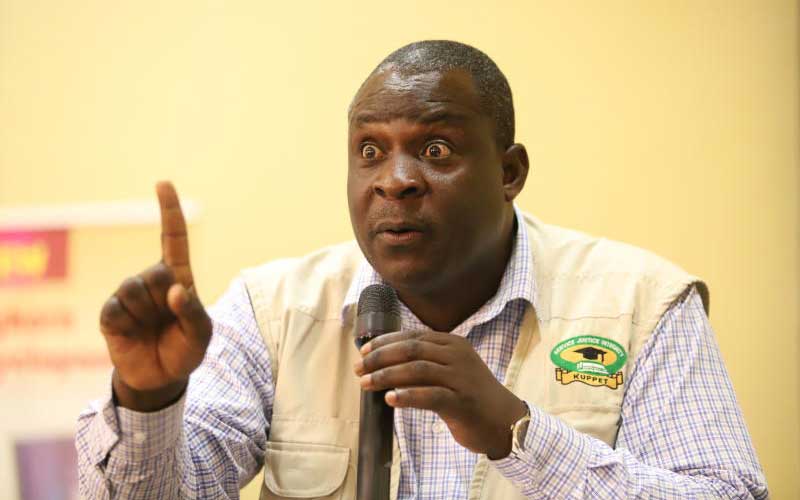×
The Standard e-Paper
Kenya’s Boldest Voice

Over 4,000 teachers who took part in the Kenya Secondary Schools Sports Association (KSSSA) National School Games in Mombasa, early this month, have not been paid their allowances.
The teachers, who played various roles in the Term One games, are each owed Sh60,000 by the Ministry of Education, money they were promised would be paid immediately the 10-day event was over.